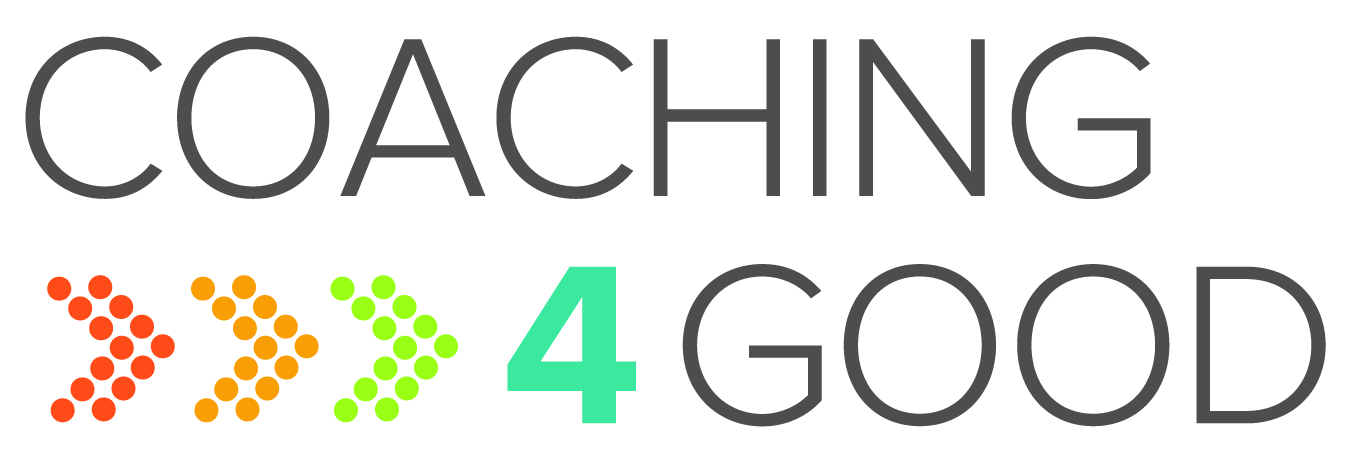
Are you hampered by a large volume of email every day? Do you go on a
Lead with the bottom line
If you need your VP to do something or know something, then state it right upfront. Executives don’t have the time to sift through your entire email looking for the takeaway or action item. Give your executive the opportunity to quickly understand your message, form their opinion or questions, reply and clear the email out of their inbox. One organization I worked for used the BLOT approach (Bottom Line on Top). At the top of each email you wrote BLOT: and a one sentence description of what the email was about or what action was needed.
KISS: keep it short and sweet
Keep the overall email very short. 50 – 100 words is great but try not to exceed 250. When you see a long email you naturally pass on it because you don’t want it to slow down your progress of cleaning out your email. Executives are the same way – they would rather process 50 emails in 10 minutes instead of really reading 2 or 3 long ones during that time.
Minimize sentence length
Your executive wants to scan messages as much as possible. Wordy sentences slow that down. Take a few extra seconds to craft your point in fewer words. If your sentence is cumbersome then restructure the sequence of verbs and nouns. Also, break up your sentence into more than one – each sentence should make a single point. Don’t write for a 3rd grader but rather write in sounds bytes that are easy to scan and process quickly.
Drop attachments
If you’ve created a document that presents your information, consider moving the relevant parts to the email. You can do this as a screen shot of your document or pasted text at the bottom of your email. It’s also extremely helpful to keep your message simple and reference the additional information below your signature. This lets your VP/Director quickly understand the purpose of your message and choose when to digest the supporting info. Driving someone to an attachment or link drops the chance of your email being read.
A promotion is waiting for you
At this point are you thinking the best strategy is to just avoid sending emails to anyone whose title is “Director” or “Vice President”? From a promotion perspective, that is just as big of a mistake. You need to be catching the attention of those who make promotions if you want one. Thus, the only option is to craft effective business communications.
Trying to get a promotion begins on your first day on the job. You are constantly showing your superiors that you are worthy of a career promotion. Every phone call, presentation and email is an example of your ability to do the job at the next level. Take every email seriously and take a bit more time on the ones to your executives, including your boss – both good and bad business communication skills and written communication skills are noticed!
Why do all these things matter? An efficient, succinct email tells your VP that you respect his/her time. He or she will then be happy to read your emails because he/she can process them quickly. These good email-writing habits will be appreciated and respected by other team members and give you the reputation for being a good communicator.
Amy Wolfgang
Amy Wolfgang is a career coach who founded Wolfgang Career Coaching and co-founded Coaching 4 Good. She brings over 15 years of corporate and coaching experience to help organizations boost employee engagement while simultaneously helping her clients excel in their careers. She is a certified PCM (Professional Career Manager) and has a Master’s degree in Educational Psychology from The University of Texas at Austin.








Stay In Touch